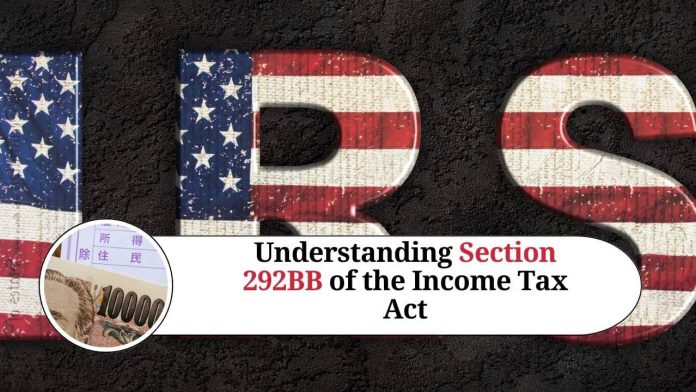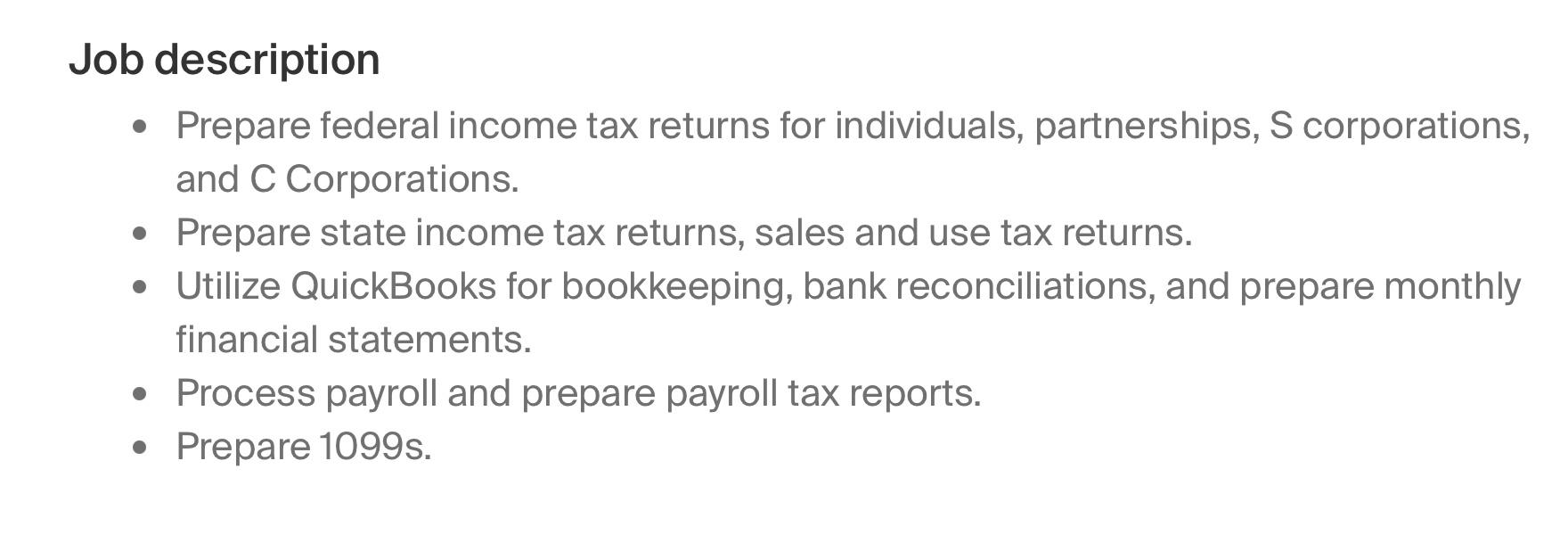Understanding the Tax Implications: Is Interest on SBA Loan Tax Deductible?
Guide or Summary:IntroductionWhat is an SBA Loan?Tax Deductibility of InterestEligibility for DeductionHow to Claim the DeductionAdditional Considerations……
Guide or Summary:
- Introduction
- What is an SBA Loan?
- Tax Deductibility of Interest
- Eligibility for Deduction
- How to Claim the Deduction
- Additional Considerations
### Translation: Is interest on SBA loan tax deductible
---
Introduction
When it comes to financing a small business, many entrepreneurs turn to the Small Business Administration (SBA) loans. However, one common question that arises is, is interest on SBA loan tax deductible? Understanding the tax implications of these loans is crucial for effective financial planning and maximizing potential tax benefits.

What is an SBA Loan?
An SBA loan is a type of loan that is partially guaranteed by the U.S. Small Business Administration. These loans are designed to help small businesses access capital that they may not otherwise qualify for through traditional lending sources. They come with various benefits, including lower down payments, flexible overhead requirements, and longer repayment terms.
Tax Deductibility of Interest
To answer the question, is interest on SBA loan tax deductible? Yes, the interest paid on an SBA loan is generally tax-deductible as a business expense. This means that businesses can deduct the interest they pay on their loans from their taxable income, which can significantly reduce their overall tax liability.
However, it’s essential to keep accurate records of the interest payments made throughout the year. This documentation will be necessary when filing taxes and claiming the deduction.

Eligibility for Deduction
To qualify for the interest deduction, the loan must be used for business purposes. If the funds are used for personal expenses, the interest on that portion of the loan would not be deductible. Therefore, it’s crucial for business owners to clearly delineate between personal and business expenses when using an SBA loan.
How to Claim the Deduction
Claiming the interest deduction on an SBA loan is relatively straightforward. Business owners will typically report interest expenses on their tax returns using Schedule C (Form 1040) for sole proprietorships or the appropriate forms for partnerships and corporations. It’s advisable to consult with a tax professional to ensure compliance with IRS regulations and to maximize deductions.
Additional Considerations
While the interest on SBA loans is deductible, there are other factors to consider. For instance, if a business has multiple loans, it’s important to allocate interest payments correctly among the various loans to ensure accurate tax reporting. Additionally, tax laws can change, so staying updated on the latest regulations is crucial.

In summary, understanding whether is interest on SBA loan tax deductible is vital for small business owners looking to optimize their tax situation. By taking advantage of this deduction, businesses can lower their taxable income and improve their overall financial health. However, it’s important to use the loan for business purposes and maintain accurate records to substantiate the deduction. Consulting with a tax professional can also provide valuable guidance tailored to individual business circumstances.
By leveraging the benefits of SBA loans and understanding their tax implications, entrepreneurs can make informed financial decisions that support the growth and sustainability of their businesses.